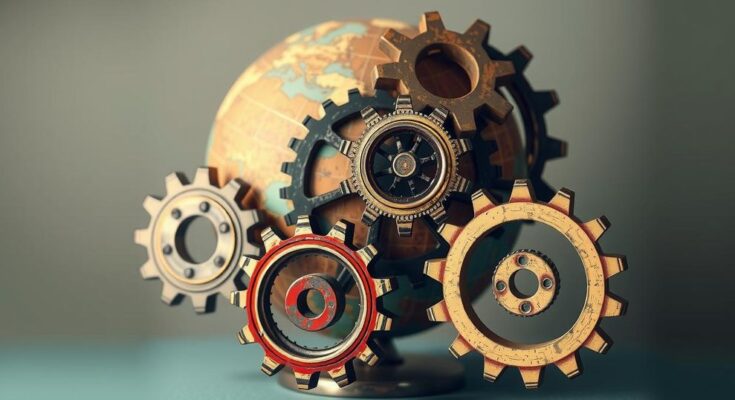Iran and Sudan are reinforcing their diplomatic ties through discussions on economic cooperation, trade, and mutual support in regional affairs. Former tensions now transform into opportunities for partnership, with plans for joint committees and business forums. Analysts highlight the significance of these relations against the backdrop of external influences and domestic crises, advocating for mutual benefits. Diplomatic solutions and respect for sovereignty underpin the proposed cooperation in various sectors, especially regarding regional challenges and economic development.
In a significant diplomatic development, Sudanese Foreign Minister Ali Youssef visited Tehran, where he engaged with Iranian officials, including Foreign Minister Abbas Araqchi and Parliament Speaker Mohammad Bagher Ghalibaf. During their discussions, the ministers emphasized enhancing bilateral relations and agreed on a comprehensive plan to deepen cooperation and coordination across regional and global platforms. Furthermore, they focused on boosting trade, economic exchanges, and announced plans for a joint ministerial committee and business forum. Iran is expected to play an active role in Sudan’s reconstruction efforts, highlighting the strengthening partnership between the two nations.
The collaboration has historical roots that have shifted over time due to external pressures from Western nations. Strategic analyst Dr. Omar al-Mannan notes that allegations of terrorism against Iran overlook its rise as a global power capable of robust alliances. Unlike many countries influenced by Western interests, Iran aims for mutually beneficial partnerships that prioritize cooperation over dependency. These alliances reflect key characteristics that set them apart from Western partnerships including consistency, generous military support, timely assistance, technology transfer, and production rights for defense manufacturing.
Indeed, the revival of Sudan-Iran relations is seen as a response to Sudan’s current crises, including conflicts and sanctions affecting senior officials, resulting in international isolation similar to the conditions during Omar al-Bashir’s presidency. Political analyst Ibrahim Shaqlawi emphasizes that both nations have a shared history and can align their positions in regional and international forums. Collaborative efforts can center on critical issues like supporting development and countering foreign influences, building these relations on mutual respect for sovereignty.
Shaqlawi advocates for diplomatic mechanisms to resolve regional crises, focusing on Middle Eastern and Horn of Africa issues through dialogue rather than partisanship. He notes the imperative to bolster economic ties, particularly in energy, agriculture, and technology, recognizing Sudan’s vast resources and Iran’s expertise as a pathway for mutual interests. Sudan’s geostrategic significance can facilitate Iran’s engagement with Africa, fostering economic opportunities.
The partnership between Iran and Sudan marks a strategic alliance distinguished by mutual respect and development goals. As relationships evolve, both nations stand to benefit from their respective strengths, enabling joint efforts in addressing regional challenges and capitalizing on economic opportunities. While obstacles remain, the commitment to enhancing bilateral relations presents a promising future for both nations.
Original Source: www.tehrantimes.com




